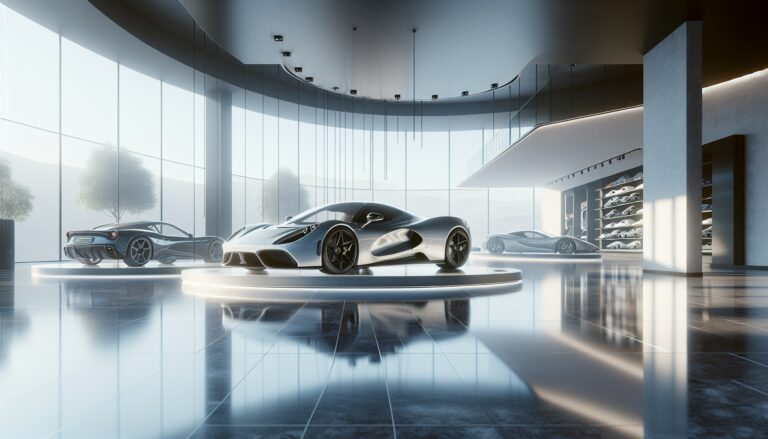Argomenti trattati
Maserati’s electric ambitions face reality
Maserati, the iconic Italian luxury car manufacturer, has recently made headlines by abandoning its plans for an electric version of the MC20 supercar. This decision, announced on March 6, highlights the challenges the brand faces in a rapidly evolving automotive market. The official statement from Maserati indicated that the project was halted due to forecasts predicting insufficient demand for battery electric vehicles in the super sports car segment. This news comes on the heels of Stellantis, Maserati’s parent company, revealing significant financial write-downs totaling 1.5 billion euros, further underscoring the brand’s precarious position.
Market dynamics and shifting consumer preferences
Just a year ago, Maserati was on a trajectory to transition to an all-electric lineup by 2028, with plans to phase out gas engines entirely. The discontinuation of the V-8 engine last year signaled a commitment to this vision. However, the reality of the electric vehicle (EV) market has proven more complex than anticipated. Demand for EVs has not only grown at a slower pace but has also seen declines in certain markets. Maserati’s sales figures reflect this troubling trend, plummeting from 26,600 vehicles in 2022 to a mere 11,300 in the following year. This dramatic drop has raised concerns about the brand’s future viability.
Financial struggles and future outlook
The financial implications of these market challenges are stark. Maserati’s profits have turned into losses, with a staggering decline from 141 million euros to a loss of 260 million euros within the same timeframe. Such performance has reignited speculation about a potential sale of the brand, as stakeholders question its long-term strategy. Currently, Maserati does offer electric versions of its Grecale compact crossover and GranTurismo and GranCabrio sports cars, marketed under the Folgore name. However, the ambitious plans for fully electric next-generation models of the Quattroporte and Levante are now under scrutiny, as the automaker reassesses its approach in light of shifting market dynamics.

